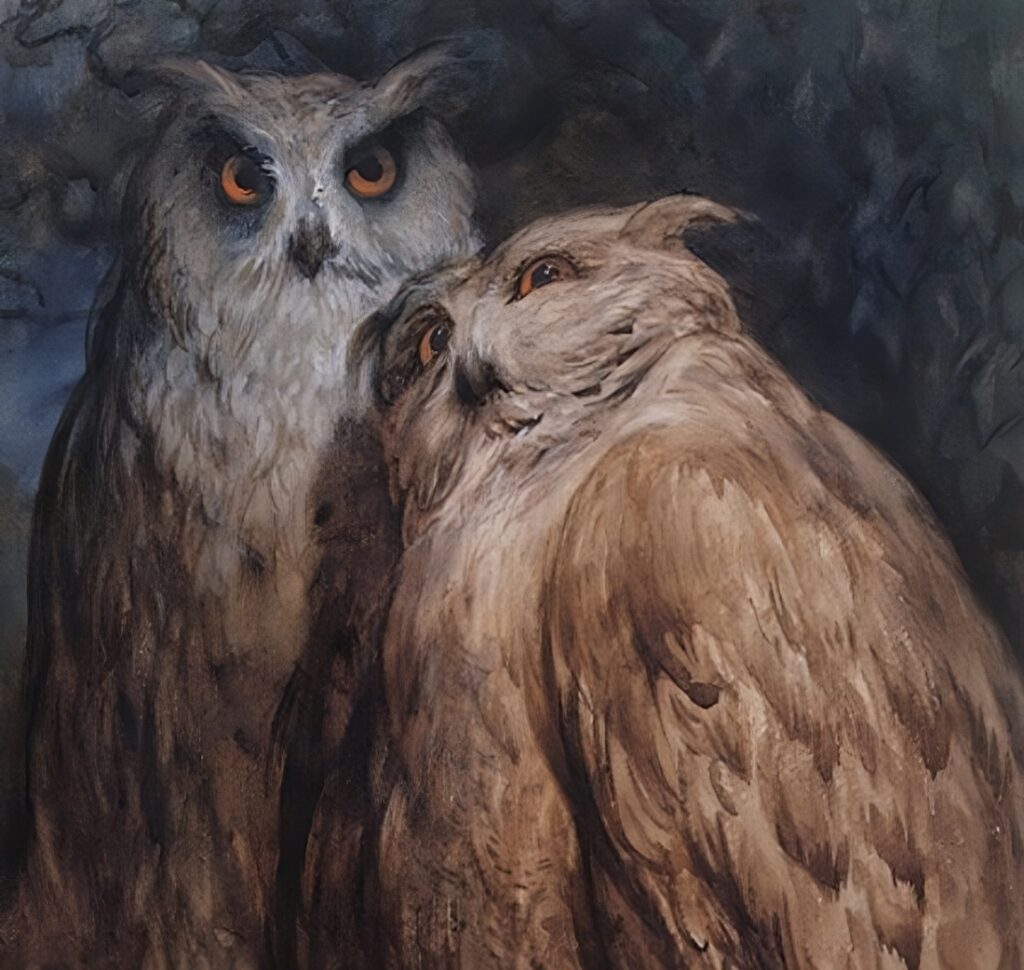Jonathan Swift? Edgar Allan Poe? Mary Livingstone? Oscar Levant? Apocryphal?

Question for Quote Investigator: The dislike of puns is rooted in jealousy. A wit once said something like the following:
Punning is a talent which no one despises except those without it.
This notion has been attributed to Irish satirist Jonathan Swift, U.S. horror writer Edgar Allan Poe, and others. Would you please help me to find a citation and determine the precise phrasing?
Reply from Quote Investigator: There is a family of related sayings which discuss the art of creating puns. Below is an overview with dates:
1755: He greatly excelled in punning; a talent, which, he said, no man affected to despise, but those that were without it. (Comment about Jonathan Swift)
1764: Punning is a talent which no man affects to despise, but he that is without it. (Attributed to Jonathan Swift)
1807: Puns are disliked by none but those who can’t make them. (Attributed to Jonathan Swift)
1831: Nobody dislikes a pun but he who cannot make one. (Attributed to “a celebrated author” by T.H.B.)
1845: Of puns it has been said that those most dislike who are least able to utter them. (Written by Edgar Allan Poe)
1941: There must be one in every family . . . who thinks a pun is the lowest form of wit because he didn’t think of it first. (Written by Mary Livingstone)
1945: The pun is the lowest form of humor—when you don’t think of it first. (Attributed to Oscar Levant)
Below are additional selected citations in chronological order.
Continue reading “Quote Origin: Punning Is a Talent Which No Man Affects To Despise, But He That Is Without It”







